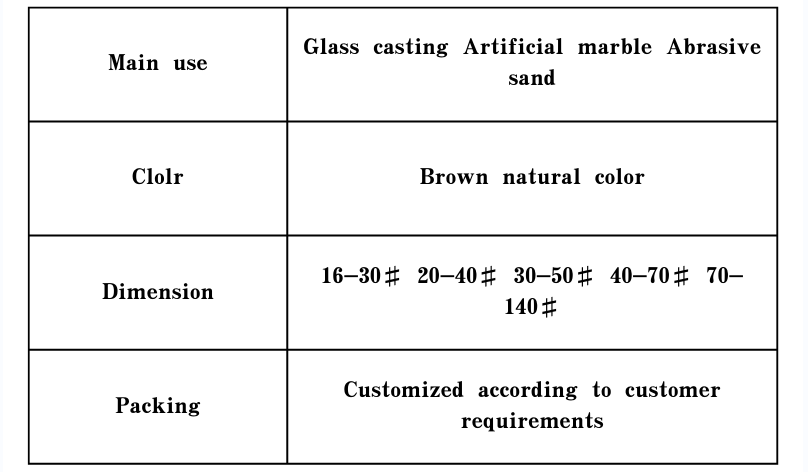
The Role of Activated Charcoal in Effective Water Treatment Solutions
Activated Charcoal in Water Treatment An Efficient Solution
Activated charcoal, also known as activated carbon, has emerged as a pivotal material in the realm of water treatment. Its unique properties make it an effective solution for removing impurities from water, thereby ensuring safer and cleaner drinking water. This article delves into the significance, mechanisms, and applications of activated charcoal in water treatment processes.
What is Activated Charcoal?
Activated charcoal is a form of carbon that has been processed to develop a high degree of porosity. This extensive surface area, along with its adsorptive properties, allows it to capture and immobilize various contaminants present in water. Unlike regular charcoal, which is used in grilling and cooking, activated charcoal undergoes a special treatment involving heating in the presence of gas. This process creates numerous tiny pores, significantly increasing its surface area and enhancing its adsorption capabilities.
Mechanism of Action
The effectiveness of activated charcoal in water treatment lies primarily in its unique adsorption mechanism. When contaminants come into contact with activated charcoal, they adhere to its surface due to intermolecular forces such as Van der Waals forces and electrostatic attraction. This process is distinct from absorption, where a substance is taken up into the bulk of another material. Instead, adsorption involves the particles remaining on the surface of the activated charcoal.
Activated charcoal can effectively adsorb a wide range of impurities, including organic compounds, chlorine, sediment, and various harmful substances like pesticides, pharmaceuticals, and heavy metals. Consequently, its application is widespread, from household water filters to large-scale municipal water treatment systems.
Applications in Water Treatment
activated charcoal used in water treatment

1. Household Water Filtration Many households utilize activated charcoal filters to improve the taste and odor of tap water. These filters are commonly found in pitcher filters and faucet-mounted systems. The incorporation of activated charcoal effectively reduces chlorine levels and removes unpleasant tastes, making the water more palatable.
2. Industrial Water Treatment Industries often generate wastewater containing hazardous pollutants that require effective treatment before discharge. Activated charcoal operates as a cost-effective and efficient method for removing these contaminants. It is frequently employed in processes like water reclamation, where it helps in restoring water quality, ensuring compliance with environmental regulations.
3. Removal of Microbial Contaminants While activated charcoal is primarily recognized for its ability to adsorb chemical pollutants, it also plays a role in reducing microbial populations in water. Although it does not kill bacteria outright, the adsorption of organic matter helps inhibit bacterial growth, thereby improving overall water quality.
4. Drinking Water Purification In areas where water sources are compromised, activated charcoal serves as an essential component in portable water purification systems. It helps in the effective removal of pollutants, making it a critical tool for ensuring safe drinking water in disaster-stricken regions or remote communities.
Environmental Impact
The use of activated charcoal in water treatment is not only effective but also environmentally friendly. It can be derived from various biomass sources, including coconut shells, wood, and coal, making it a sustainable option. Additionally, once saturated with contaminants, activated charcoal can be regenerated and reused, minimizing waste and reducing the need for disposal of harmful materials.
Conclusion
In conclusion, activated charcoal stands out as a versatile and highly effective tool in the field of water treatment. Its ability to adsorb a wide range of contaminants enhances water quality, making it safer for consumption. As the world grapples with growing concerns regarding water pollution, the use of activated charcoal presents a promising solution. Its applications are set to expand even further as technology advances and the need for clean water intensifies across the globe. Investing in activated charcoal water treatment systems not only addresses immediate water quality concerns but also promotes a healthier and more sustainable future for communities worldwide.
Share
-
Vermiculite Wholesale – Premium Quality, Bulk Supply & Competitive PricingNewsJun.10,2025
-
Premium Glass Pebbles Custom Glass Pebbles Factory & OEM Manufacturer Reliable Custom Glass Pebbles FactoriesNewsJun.10,2025
-
Expert Custom Zeolite Producers Manufacturers & FactoriesNewsJun.10,2025
-
Custom Glow in the Dark Beads High-Quality Custom ManufacturersNewsJun.10,2025
-
China Ceramsite Balls Factory - Lightweight & Durable Media Solutions ManufacturerNewsJun.09,2025
-
Custom Matte Mica Powder Manufacturers High Quality & AffordableNewsJun.09,2025






